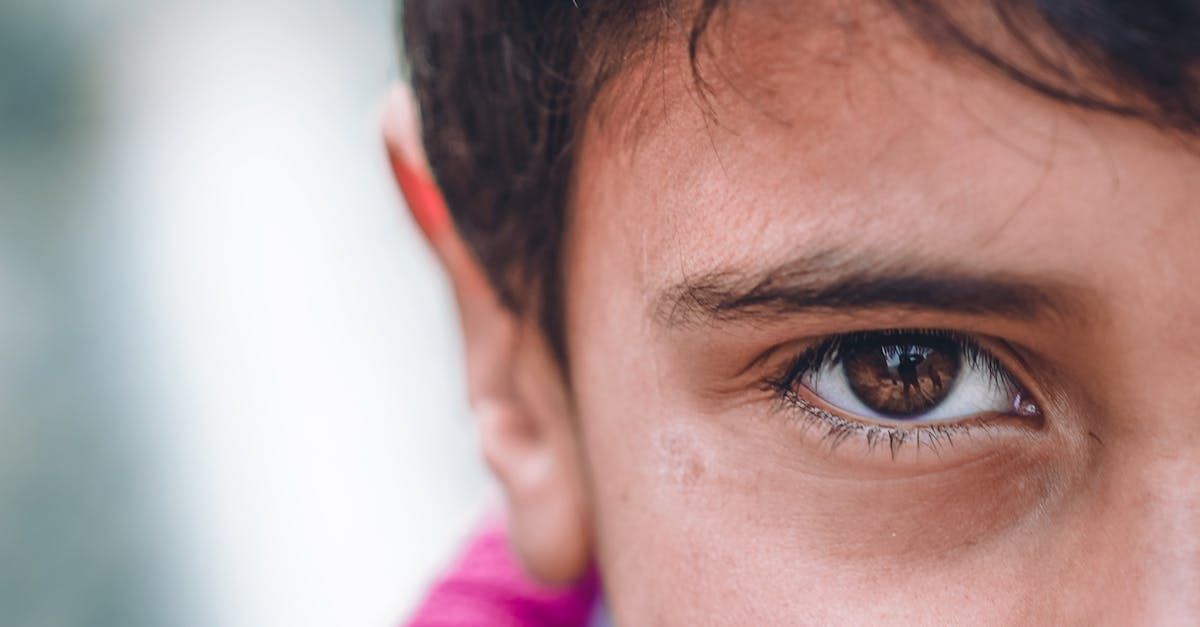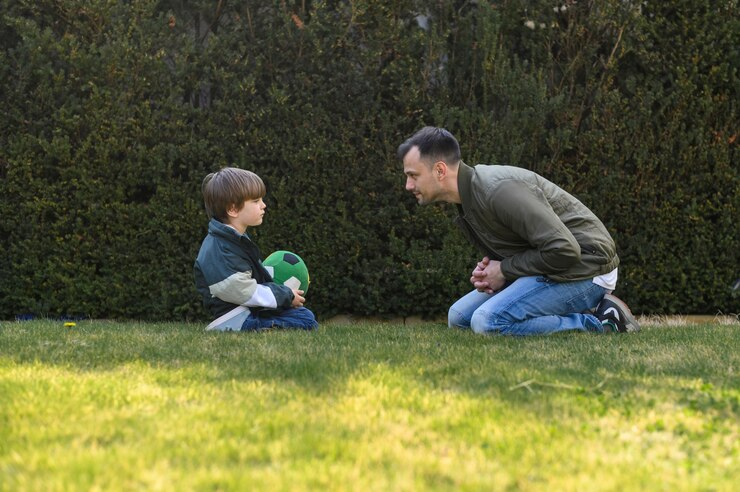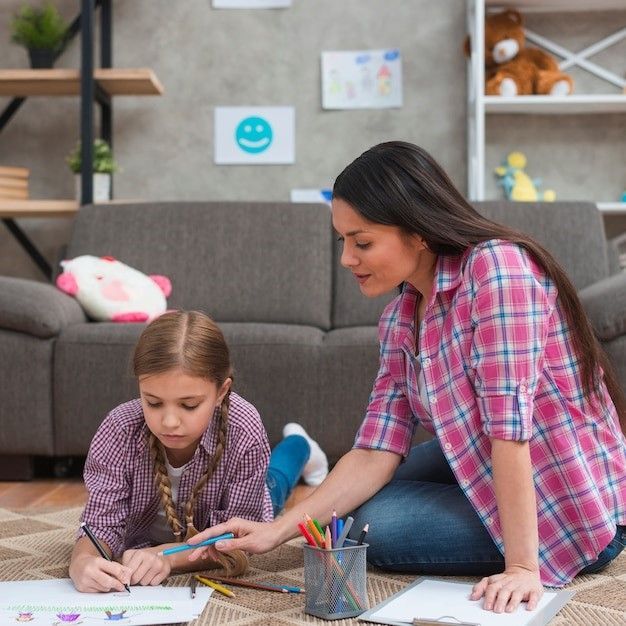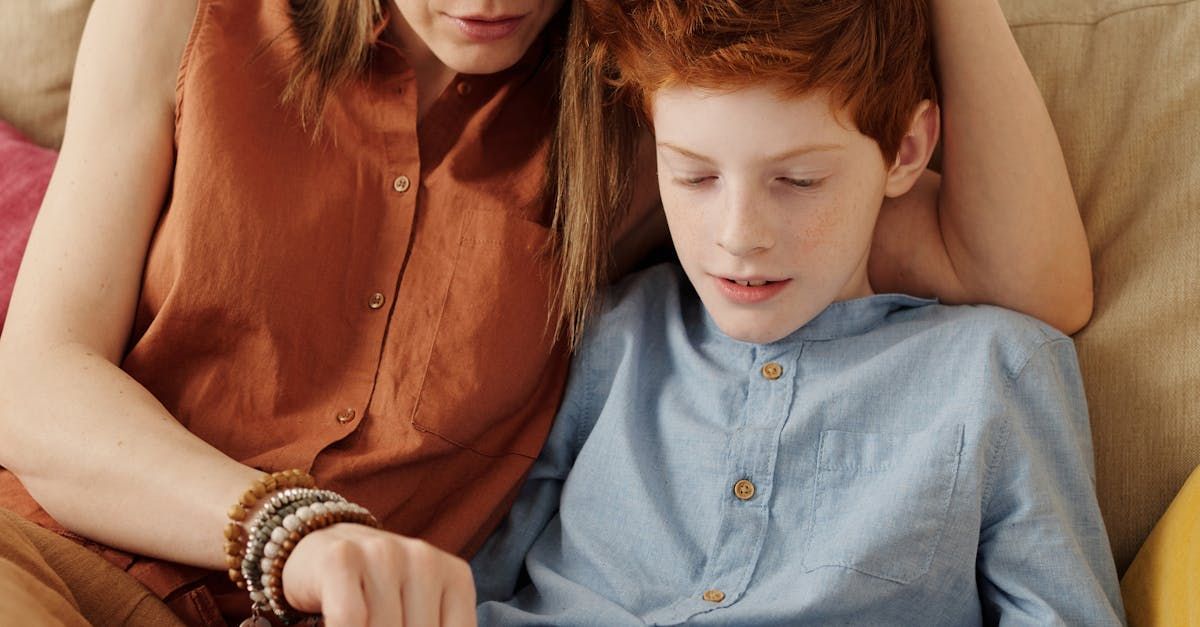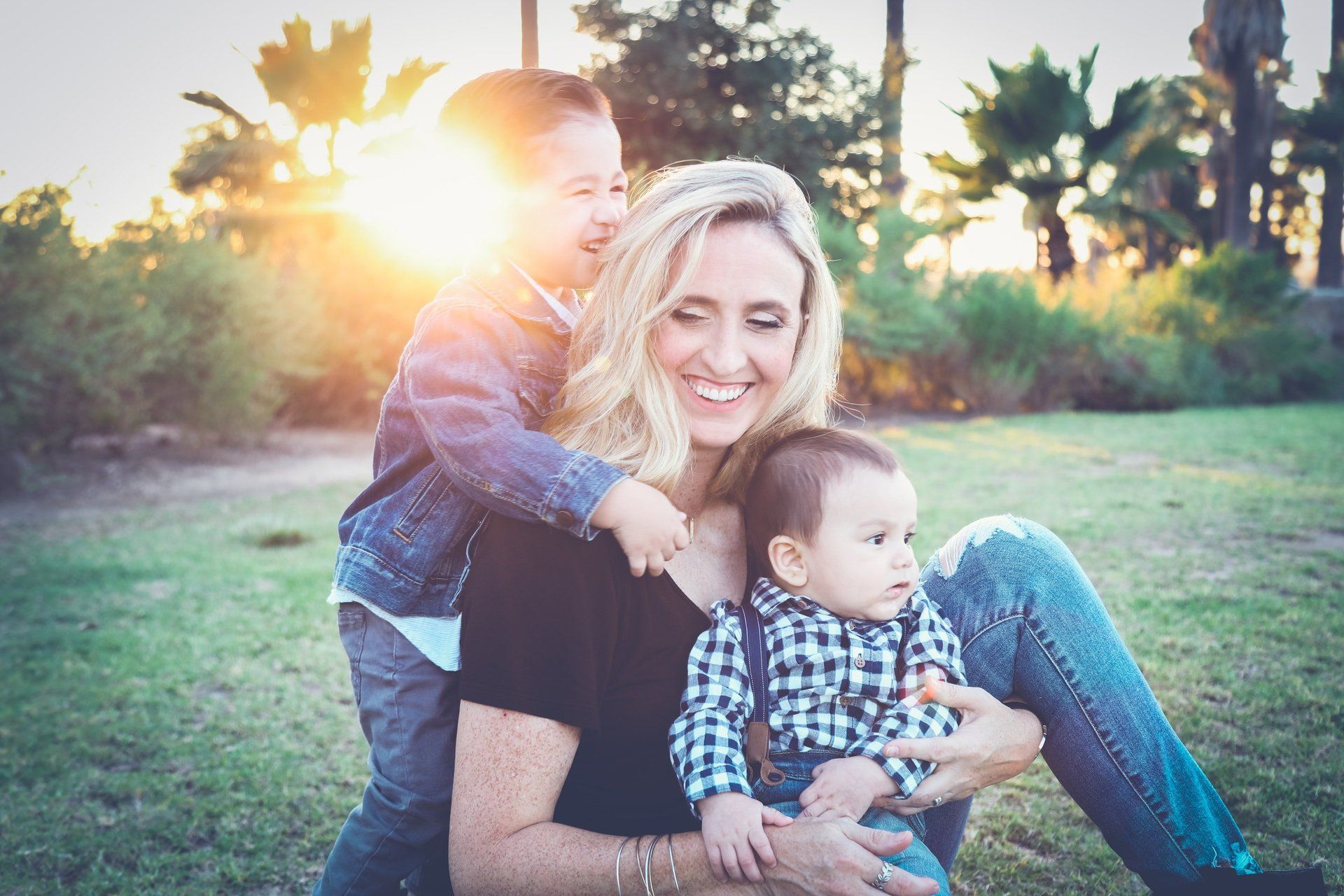Is Your Child Highly Sensitive? 7 Key Signs To Look Out For
Is Your Child Highly Sensitive? 7 Key Signs To Look For

If you're here, you might be wondering if your child is highly sensitive.
As a parent coach for families of highly sensitive kids, I'm here to help you recognize the signs so you can support your child in the best way possible.
Every child is unique, but highly sensitive kids tend to have certain traits that set them apart.
Let’s explore seven signs that can help you determine if your child is highly sensitive:
1.)
Deep Emotional Reactions:
Highly sensitive children often feel emotions more intensely than other kids. They might cry more easily, or become upset when someone else is hurt, or show deep empathy for others' feelings. This means they are often very caring with animals, younger children, or anyone who is suffering. This can also make them very worried about causes like protecting the environment, injustice, and other social causes.
2.) Sensory Sensitivity:
Does your child get overwhelmed by bright lights, loud sounds, scratchy clothes, or strong smells? Highly sensitive kids tend to have a heightened awareness of sensory inputs, which can sometimes lead to discomfort or overstimulation. This can make daily life challenging, including activities like washing their hair, clipping their nails, or wearing uncomfortable clothes.
3.) Easily Overwhelmed by Crowds or Noisy Environments:
Busy places like malls or parties might be too much for your child, causing them to withdraw or become anxious. Highly sensitive kids need calm environments to recharge. These kids may hang back in overstimulating environments, which may make them appear shy.
4.) Perfectionism and Fear of Failure:
Does your child avoid trying new things because they're afraid of making mistakes? Highly sensitive children can be perfectionists, feeling pressure to ‘get it right’ and becoming discouraged when they don’t. They tend to be very hard on themselves, so they may avoid activities where they may not get things right immediately. Because of this, they can also seem very competitive, and may have big emotional reactions when they lose or perform poorly.
5.)
Strong Intuition or Attention to Subtle Details:
Highly sensitive kids are often extremely perceptive. They may notice small changes in their environment or pick up on subtle emotional cues from others. They might sense when you’re stressed, even if you haven’t said a word! This sensitivity to subtleties can mean that change feels more overwhelming to them, since they tend to process so much more than other kids.
6.)
Need Time to Process Big Changes:
Change can be hard for anyone, but highly sensitive children might struggle even more. Transitions like moving, changing schools, or starting a new routine often require extra time for them to adjust. They may have signs of increased anxiety or irritability after major changes. This can come out as more tantrums and meltdowns, irritable mood, and emotional outburst. It can also come out as increased clinginess, fears and separation anxiety.
7.)
Deep Thinkers Who Are Highly Reflective:
Highly sensitive children tend to be deep thinkers. They may ask profound questions about the world, or seem lost in thought as they process their feelings and experiences. They can have vivid imaginations, which makes them artistic and creative. This may show up as a kid who thinks deep thoughts, but sometimes lacks common sense. Because they are often processing so deeply, they may seem less present in what is going on around them.
How to Support Your Highly Sensitive Child:
Does any of this sound like your child?
If so, you may be raising a highly sensitive kid!
The most important thing you can do is create a supportive, nurturing environment that honors their sensitivity.
Remember, being highly sensitive isn’t a weakness—it’s a unique strength when understood and managed well.
If you want to dive deeper into how to support your highly sensitive child, feel free to subscribe to my mailing list, or reach out for more tips and coaching.
You’re not alone on this journey, and I’m here to help!

